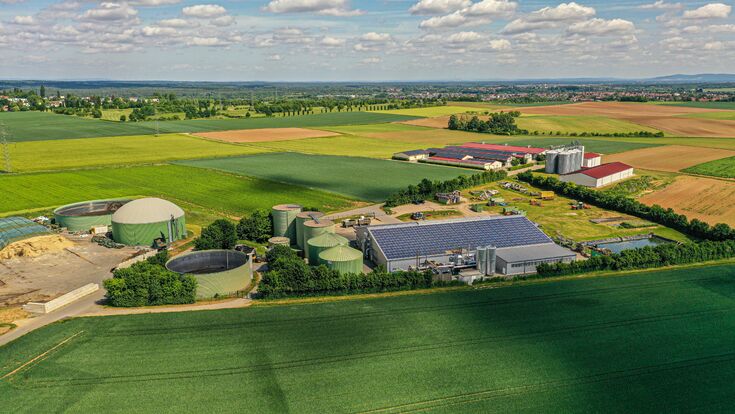Local energy production : Veolia to make its services energy self-sufficient in France

Against a backdrop of high tensions in the energy markets, Veolia has announced the unprecedented plan to make
its water and waste services in France energy self-sufficient within five years, with 2 TWh (terawatt-hours) of locally
produced energy to cover the equivalent of its entire current consumption. This is equivalent to the consumption of
430,000 French households. This energy will be 100% local and 100% renewable.
The project is the continuation of a global-scale plan launched by the Group in March this year at Veolia’s own and
its customers’ installations, with the aim of reducing energy consumption by 5% and increasing energy production
by 5% in two years, with a 10% impact.
"This initiative will demonstrate the feasibility and relevance of the widespread use of green transformation
solutions to meet the challenges of energy sovereignty and decarbonization in France. Veolia already produces the
equivalent of ⅔ of the energy it consumes and will increase this momentum, alongside public authorities, to make
all of our services energy self-sufficient in 5 years thanks to new renewable and local energy projects," says
Estelle Brachlianoff, Veolia's Chief Executive Officer.
Local energy production
The main levers for increasing local alternative energy production deployed by Veolia in France are :
- the widespread production of biogas through the degradation of organic waste and the
methanization of sludge from wastewater treatment plants operated by Veolia - increasing the production of electricity from non-recyclable waste at sites operated by the Group
(biomass, solid recovered fuels) - the installation of photovoltaic panels on all Group sites that allow it, particularly on closed waste
storage sites - increasing biofuel production from used food oils
This project complements the energy-saving measures adopted by Veolia in March to reduce its energy
consumption, such as :
- accelerating the deployment of flexible electricity solutions at facilities managed by the Group, thanks
to our expertise in intelligent energy management services - optimizing the performance of the sites operated by Veolia through more than 60 Hubgrade digital
control centers worldwide - identifying sources of waste energy that could be recovered, wherever possible;
- replacing the most energy-intensive equipment (particularly aeration systems at wastewater treatment
plants) and lowering heating set points.
